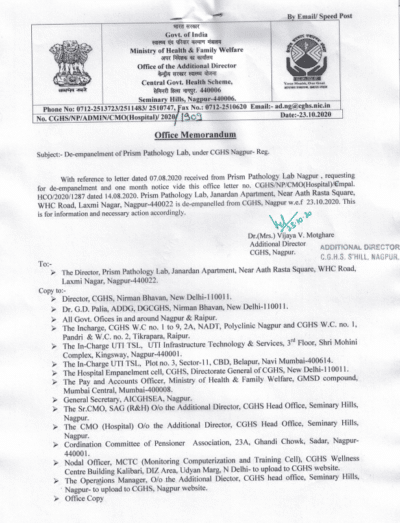DOPT REFORMS REGARDING CHILD CARE LEAVE Ministry of Personnel, Public Grievances & PensionsDoPT reforms regarding Child Care LeavePosted On: 26 OCT 2020 7:11PM by PIB Delhi While briefing about some of the major reforms brought by Department of Personnel & Training (DoPT) under the Modi government, Union Minister of State (Independent Charge) Development of North Eastern Region (DoNER), MoS PMO, Personnel, Public Grievances, Pensions, Atomic Energy and Space, Dr Jitendra Singh said today that the male employees of the government...
Read More ->>









